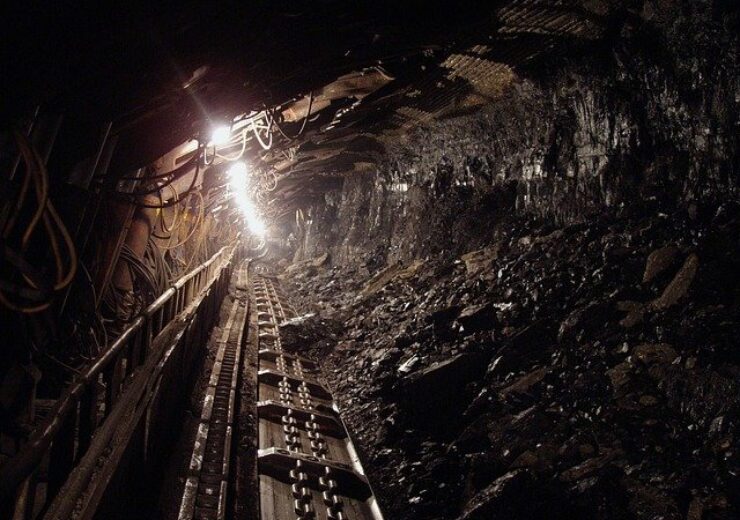Approval was sought to extract nearly 50 million tonnes of run-of-mine coal over a period of 23 years from the new underground mine

Posco proposed to build the new coal mine in the Southern Highlands. (Credit: hangela/Pixabay)
New South Wales’ Independent Planning Commission has rejected development consent for the A$533 ($390.6m) coal mine and rail project proposed by South Korea’s Posco.
Refusing the approval, the Commission stated that the Hume Coal and Berrima Rail project “does not achieve an appropriate balance between relevant environmental, economic and social considerations.”
Posco proposed to build the new coal mine in the Southern Highlands of New South Wales and an associated rail loop project to transport the coal from the site to Port Kembla.
Hume Coal, a subsidiary of POSCO Australia, had sought planning approval to extract nearly 50 million tonnes of run-of-mine coal over a period of 23 years from the new underground mine 7km northwest of Moss Vale.
The mine was planned to extract coking and industrial coal from the Wongawilli seam 70 to 180 metres below ground.
According to the company, the proposed mine is an underground operation without open-cut mining, longwall mining and coal-seam gas.
The coal extraction area was expected to have extended from the Illawarra Highway in the south to the Belanglo State Forest in the west.
During the construction phase, the Hume Coal project was estimated to have created around 400 jobs.
In June this year, a whole-of-government assessment by the Department of Planning, Industry and Environment identified that the project was not in the public interest.
NSW Independent Planning Commission said that the coal mine project would lead to unacceptable groundwater impacts, as limited parameters were applied to groundwater modelling.
It has also found that the project will pose risks to Sydney’s drinking water catchment.
The Commission stated: “[T]he Commission finds the issues relating to the impact on water resources and social impacts significant enough to warrant refusal.
“Further, the Commission finds that the Project’s incompatibility with the land use objectives for the area is also reason enough for refusal, and that this incompatibility is exacerbated by the groundwater and social impacts.”
